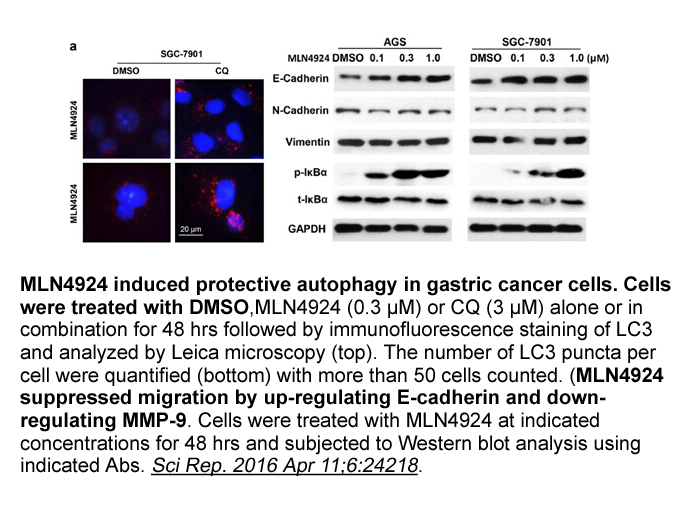Archives
In prostate cancer PCa glucose metabolism plays a major role
In prostate cancer (PCa), glucose metabolism plays a major role in progression [14]. Androgens can activate the metabolic regulator AMP-activated kinase (AMPK), promoting oxidative phosphorylation (OXPHOS) [15]. Besides, androgens increase GLUT1 [16], which overproduction has been described in the most aggressive tumors [17], [18]. Recently, our group described that this transporter is regulated by compounds that block glucose uptake in PCa cells and prevent cancer progression [19].
Material and methods
Results
Discussion
Glucose concentration inside the tumor core, away from blood vessels, vary from 0.25 to 2.5 mM [28], lower than in normal tissues. Together with hypoxia, glucose deprivation causes tumor cells to adapt their metabolism. Results shown here confirmed that cell death triggered by glucose deprivation does not follow the classical apoptotic response through caspase activation, necroptosis, ferroptosis or autophagy. We proved as previously demonstrated in other cell types that glucose removal activates necrosis [5]. Interestingly, we found that 2DG does not induce cell death in PCa cells, through glycolysis is not active. It would be possible that the treatment with 2DG could be promoting survival from autophagy in PCa, as it was previously described [29], [30].
It is well known that glucose deprivation cytotoxicity is mediated by oxidative stress in other cell types [6]. Some studies proposed that ROS induced by glucose deprivation are due to a promotion of mitochondrial metabolism in detriment of glycolysis [31], [32]. However, in some cell lines, cell death cannot be prevented with antioxidants [33], [34]. Here, glucose starvation increases both, H2O2 and mitochondrial superoxide and antioxidants such as NAC or catalase can prevent cell death. NAC maintains reduced glutathione levels and catalase depurates H2O2. However, DHA does not prevent cell death in PCa, and this might be due to the cost in GSH since GSH is required by cells to regenerate ascorbic medetomidine [35].
Although glucose metabolism has not been considered as important as lipid or protein metabolism in PCa, it has been confirmed that glucose is essential for cell proliferation and survival [36]. In addition to glucose, glutamine is necessary for cell growth and proliferation of PCa cells [37], but surprisingly LNCaP cells do not die after glutamine deprivation. Interestingly, other sugars like fructose or mannose, also internalized by GLUT transporters, prevent cell death and diminish proliferation under glucose withdrawal perhaps because they replace glucose at any other point in the metabolic network.
Glucose metabolism in PCa is different when compared to other carcinomas. In non-pathological tissue, the prostate gland is primarily glycolytic because of a defect in tricarboxylic acid (TCA) cycle [38]. However, at the beginning of carcinogenesis, the gland becomes OXPHOS-dependent and then, in more aggressive stages, tumors become again to turn to glycolysis [39]. Therefore, resistance to glucose deprivation in PCa cells is different at the beginning or  later stages of the disease. In fact, castration-resistant LNCaP-R cells are more sensitive to glucose starvation than parental LNCaP cells, indicating their higher dependence on glucose [40]. It was previously reported that cells deficient in upregulating OXPHOS are more sensitive to glucose deprivation [41], which it may be related to our results.
In the absence of glucose, cells usually overexpress an isof
later stages of the disease. In fact, castration-resistant LNCaP-R cells are more sensitive to glucose starvation than parental LNCaP cells, indicating their higher dependence on glucose [40]. It was previously reported that cells deficient in upregulating OXPHOS are more sensitive to glucose deprivation [41], which it may be related to our results.
In the absence of glucose, cells usually overexpress an isof orm of GLUT transporters [12]. Here it is shown that PCa cells with functional AR increase the levels of GLUT1 after glucose deprivation. It was previously described that GLUT1 regulation is dependent on AR activity [42]. Throughout carcinogenesis, the expression of this transporter is also differentially regulated. The healthy prostate produces GLUT1, decreasing its levels at early stages during tumor progression [43]. However, in most aggressive tumors, GLUT1 is found overexpressed, concomitant with a higher glycolytic activity and hypoxia [17].
orm of GLUT transporters [12]. Here it is shown that PCa cells with functional AR increase the levels of GLUT1 after glucose deprivation. It was previously described that GLUT1 regulation is dependent on AR activity [42]. Throughout carcinogenesis, the expression of this transporter is also differentially regulated. The healthy prostate produces GLUT1, decreasing its levels at early stages during tumor progression [43]. However, in most aggressive tumors, GLUT1 is found overexpressed, concomitant with a higher glycolytic activity and hypoxia [17].